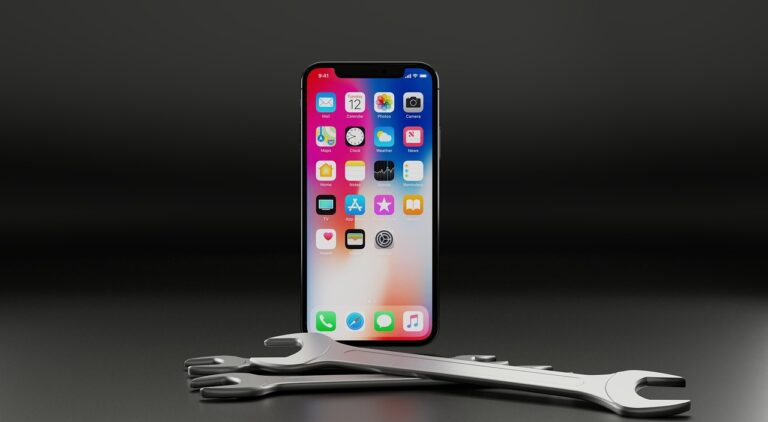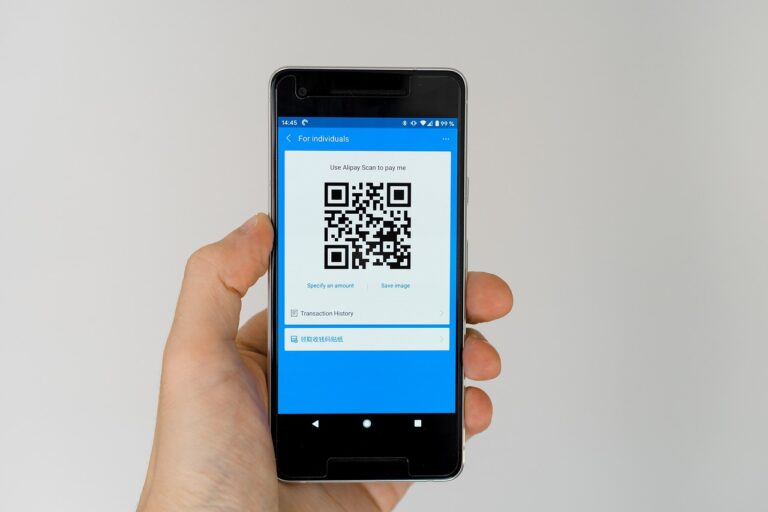The impact of social media on shopping habits and trends
Influencer marketing has emerged as a powerful tool in influencing consumer purchasing decisions in today’s digital age. Brands are increasingly collaborating with popular social media personalities to promote their products and services to a wider audience. By leveraging the trust and connection these influencers have established with their followers, companies can effectively tap into new markets and drive sales.
The authenticity and relatability of influencers play a crucial role in the success of influencer marketing campaigns. As consumers seek genuine recommendations and reviews from individuals they trust, influencers have become key players in shaping purchasing behaviors. Their ability to create engaging and personalized content resonates with audiences, leading to higher levels of engagement and conversion rates for brands.
How social media platforms have revolutionized the way products are marketed
Social media platforms have completely transformed the landscape of product marketing in recent years. With the rise of Instagram, Facebook, Twitter, and other social channels, brands now have direct access to their target audiences in ways never seen before. Traditional advertising methods have taken a back seat as companies leverage these platforms to engage with consumers on a more personal level.
Through social media, brands can now interact with customers in real time, respond to inquiries, and provide a more customized shopping experience. Influencers play a significant role in promoting products to their followers, lending a sense of authenticity and relatability that traditional advertisements often lack. The power of peer recommendations and reviews shared on these platforms make them invaluable tools for businesses looking to create buzz and drive sales.
The role of user-generated content in shaping consumer preferences
In today’s digital age, user-generated content plays a crucial role in influencing consumer preferences. When individuals share their authentic experiences with a product or service online, it creates a sense of trust and reliability among potential buyers. Consumers often turn to reviews, ratings, and testimonials from their peers before making a purchase decision, valuing real-life feedback over traditional marketing tactics.
Moreover, user-generated content humanizes brands by showcasing how products or services fit into the everyday lives of regular individuals. This relatable aspect of user-generated content helps consumers visualize themselves using a product, thus making it more appealing and relevant to their needs. As a result, companies are increasingly leveraging user-generated content as a powerful tool to connect with their target audience on a personal level and influence their purchasing decisions.
• User-generated content creates a sense of trust and reliability among potential buyers
• Consumers value real-life feedback over traditional marketing tactics
• User-generated content humanizes brands by showcasing products in everyday life
• Consumers can visualize themselves using a product through user-generated content
• Companies are leveraging user-generated content to connect with their target audience on a personal level
What is user-generated content?
User-generated content refers to any form of content, such as photos, videos, reviews, or social media posts, created by individuals rather than brands or companies.
How does user-generated content influence consumer preferences?
User-generated content is seen as more authentic and trustworthy by consumers, as it comes from real people rather than marketing teams. This can greatly influence purchase decisions and shape consumer preferences.
Why is influencer marketing becoming more popular?
Influencer marketing allows brands to reach a targeted audience through individuals who have a strong influence on their followers. This personal connection and authenticity can drive consumer purchasing decisions.
How have social media platforms changed the way products are marketed?
Social media platforms have provided a space for user-generated content to thrive, allowing for authentic product reviews, recommendations, and endorsements from everyday consumers. This has shifted the traditional marketing landscape.
Can user-generated content have a negative impact on consumer preferences?
While user-generated content is generally seen as more trustworthy, it can also be manipulated or biased. Consumers should always consider the source and credibility of the content they are viewing.







